A new green catalyst converts carbon dioxide and hydrogen into methanol.
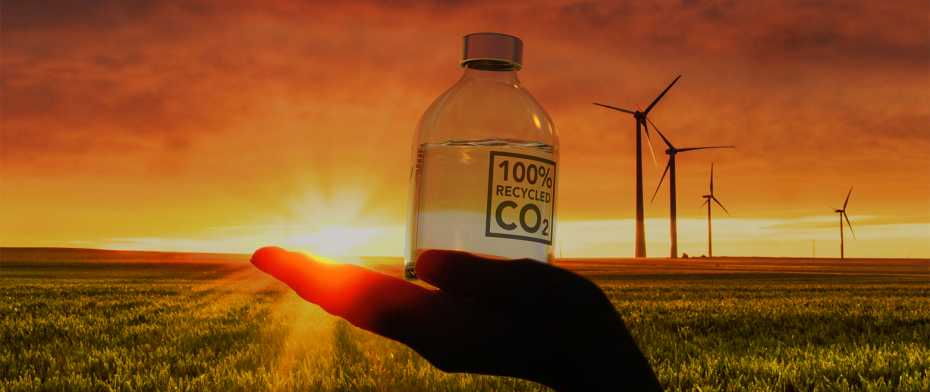

A new green catalyst converts carbon dioxide and hydrogen into methanol.
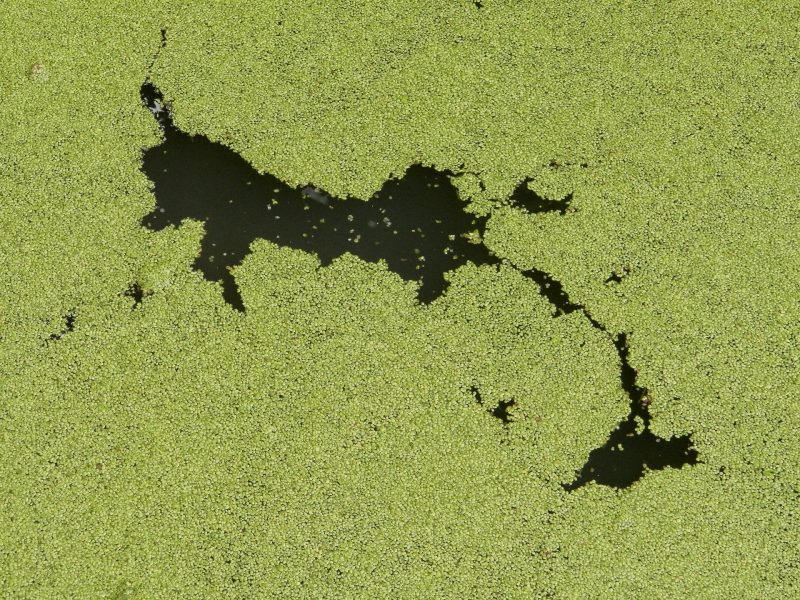
Agricultural, urban and industrial activities have dramatically increased aquatic nitrogen and phosphorus pollution (eutrophication), threatening water quality and biotic integrity from headwater streams to coastal areas world‐wide.

How can we better regulate unconventional oil and gas extraction to protect groundwater from contamination?
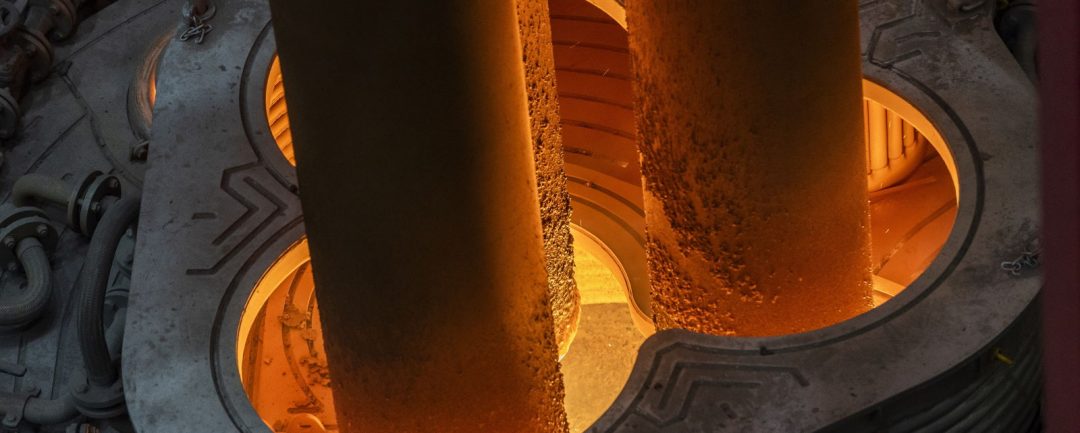
Steel manufacturer, Thyssenkrupp, is using state-of-the-art technologies to meet goals set at the 2015 Paris climate conference.
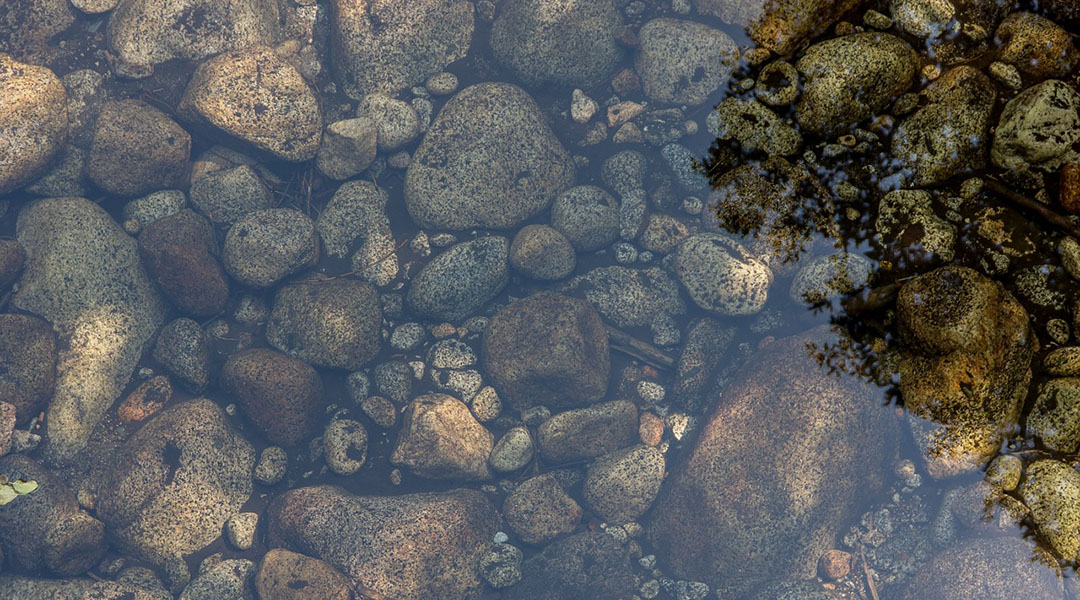
Is catchment leakage the norm and what determines its significance?

International market mechanisms for greenhouse gas emission reductions tend to generate two extreme reactions – strong opposition or fervent support.
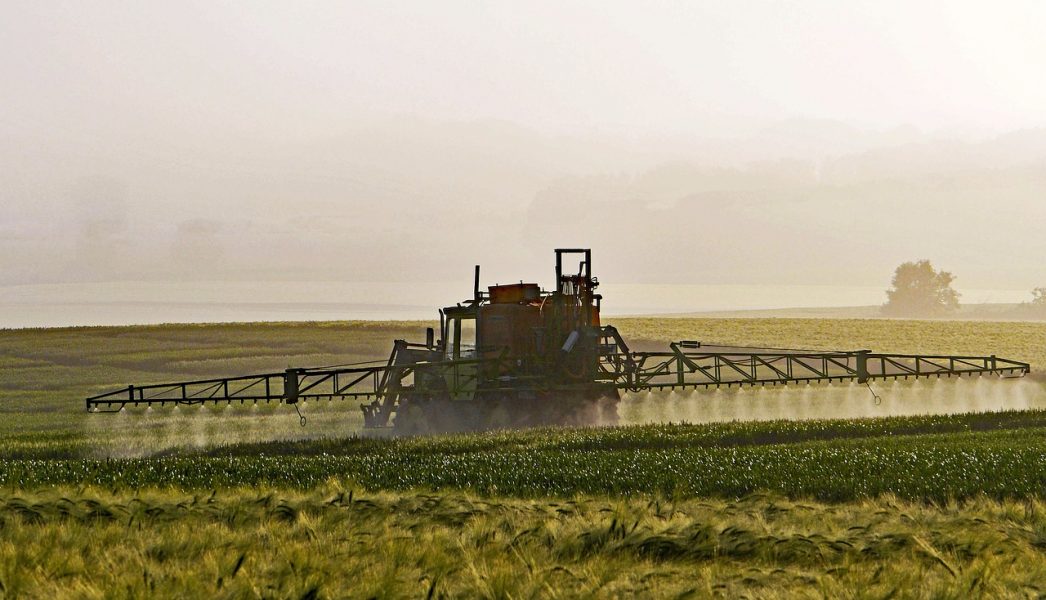
How water quality standards for pesticides affect the classification of the chemical status of rivers.

Recent advances in paleoclimatology and the growing digital availability of large historical datasets on human activity have created new opportunities to investigate long‐term interactions between climate and society.
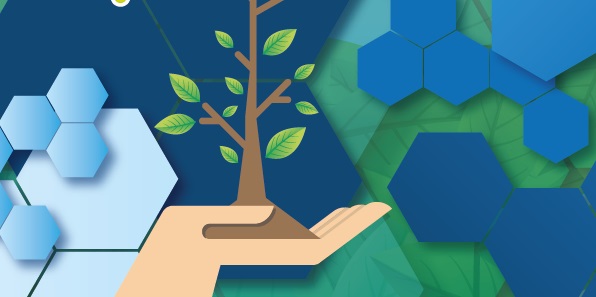
Recent research on cellulose–sulfur composites made from industrial wastes has successfully achieved all three Rs: reduce, reuse, recycle.
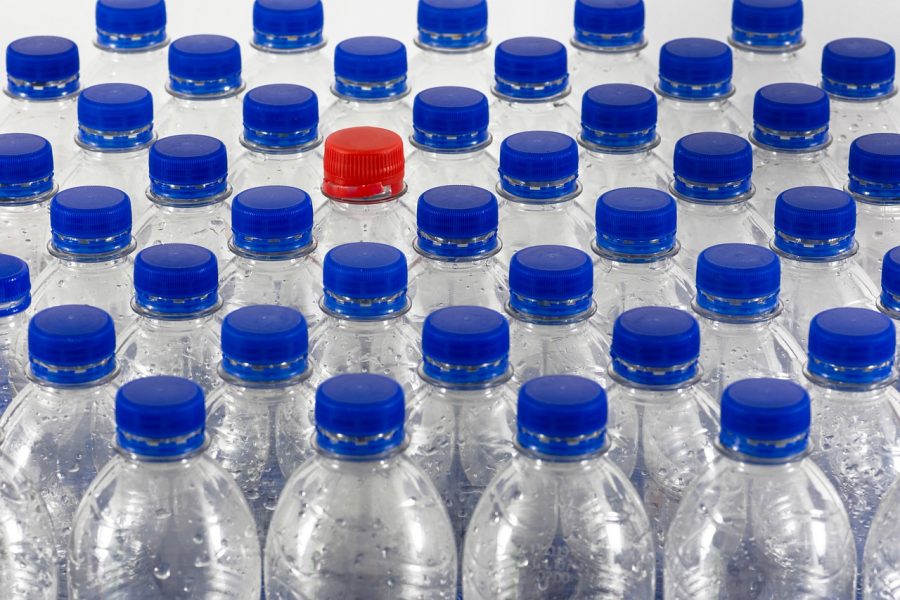
Despite the many benefits of plastics, the global plastic system is increasingly being recognized as the source of severe environmental problems.